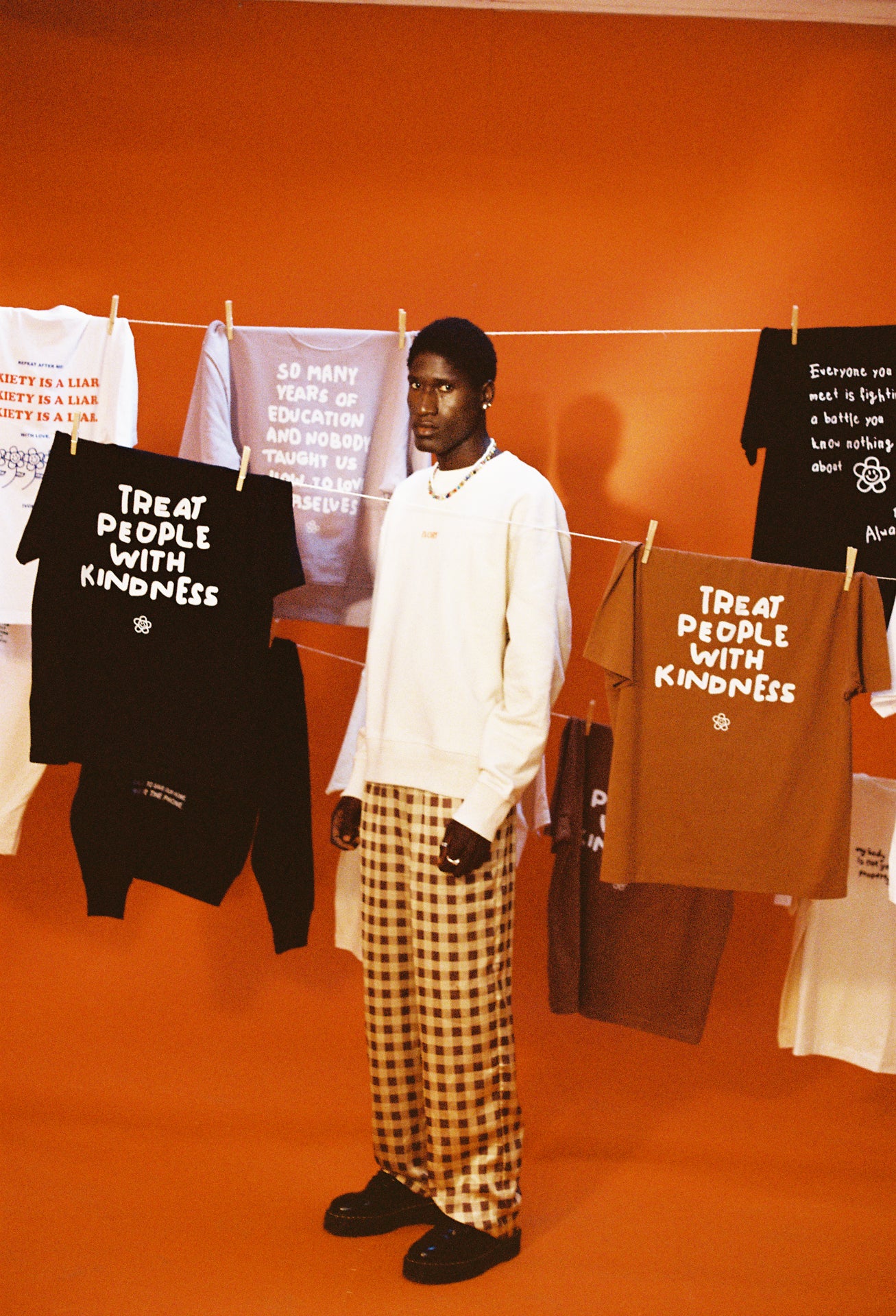Reading this article aims to stimulate thought and reflection. Let's start with these initial questions: What is sexuality? What meaning do we give it in our daily lives? How do we experience it? And how do we experience it at different stages of our development? How can it relate to mental health? And what is mental health?
We will begin with a view of sexuality as a plural – sexualities – as a spectrum of possibilities, experiences, and meanings. As a dimension present throughout the life cycle, and as something not in itself, but in us, "that happens in our body, in our mind, in our home, in the community, in the culture, and even in time".
Defined countless times in dictionary pages and by people everywhere, it has undergone metamorphoses – transforming and evolving – alongside historical and social changes, often driving many of them. The World Health Organization (WHO) defines sexuality as "a central aspect of being human throughout life; it encompasses sex, gender identities and roles, sexual orientation, eroticism, pleasure, intimacy, and reproduction. Sexuality is experienced and expressed in thoughts, fantasies, desires, beliefs, attitudes, values, behaviors, practices, roles, and relationships. While sexuality can include all these dimensions, not all of them are always experienced or expressed. Sexuality is influenced by the interaction of biological, psychological, social, economic, political, cultural, legal, historical, religious, and spiritual factors".

Thus, it should not be considered in isolation, but rather in the context of the multiple domains and experiences that are an integral part of each person. In turn, mental health, also seen as a continuum, entails - more than just the absence of illness - "a state of well-being in which each of us can cope with the adversities of life, realize our abilities, work productively, and contribute to the community".
Where do they (mental health and sexuality) intersect in our lives?
Starting from this perspective, it will certainly be more challenging to understand their relationship – mental health and sexuality – as it is in constant (re)construction. The influence is mutual, although it is important to consider it in light of the factors previously described, within each individual's idiosyncrasies and the way we give it meaning.
Recognizing the diversity of forms and experiences of sexuality contributes to the overall sense of well-being and health of individuals. However, what happens when stigma and discrimination are present? When diversity is not recognized and the right to freedom of thought and expression of one's sexuality is denied? What happens when privacy, autonomy, and bodily integrity are not respected? For instance, the pressure for sexual performance and punitive discourses regarding certain fantasies, preferences, practices, orientations, and gender identities; the presence of layers of social discrimination, dictating oppression and repression; and the violation of privacy and dissemination of information related to our sexuality, have an impact on our lives, our mental health, and well-being.
And when we are facing a certain physical or mental condition (e.g., depression, eating disorders), can it also affect the experience(s) of sexuality? When our well-being is compromised? When we are dealing with negative emotional experiences (e.g., stress or negative anxiety patterns), feelings of loneliness, low self-esteem, or emotional emptiness? How many of us have felt that these dimensions have compromised our experience of sexuality? Or, on the other hand, some may even enhance it as a means to minimize or cope with the "negativity" we are experiencing?
Whether we have these experiences once or regularly, they can impact our mental health, our experience of sexuality, and how we think and feel about ourselves, others, and the world. Specialized support, such as that provided by professionals at Ivory Therapy, can offer a safe foundation for understanding and reflecting on sexuality and other dimensions of our existence.
So far, we have presented a negative view of this relationship. However, it is also known that, for example, having a positive sexual identity, positive sexual experiences, and healthy, consensual, and satisfying intimate relationships contribute positively to our mental health and quality of life. Additionally, people who report greater satisfaction with their sex life tend to show better levels of physical health (e.g., fewer chronic and cardiovascular diseases) and mental health (e.g., less anxiety and depression).

On the other hand, the definition of sexual health as “a state of physical, emotional, mental, and social well-being related to sexuality” and not merely the absence of disease or dysfunction, emphasizes the expression of sexuality as a fundamental element of well-being and quality of life that everyone has the right to pursue, free from discrimination, coercion, or violence.
We began this narrative with several questions. Not to have them answered, but rather to prompt reflection on a long-debated relationship with a spectrum of meanings and experiences that make a single view too general or reductive. It is a call to reflect on sexual rights, to deconstruct the stigma and prejudice surrounding it (or some of its dimensions), through an education on sexuality that is inclusive and respectful of this diversity of experiences, focused not only on risk reduction but also on promoting the positive aspects of sexual health.

















